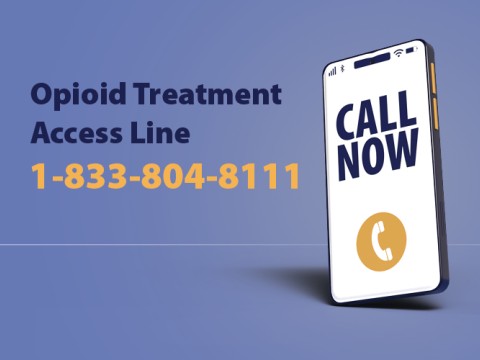Public Housing Health Services
The service has Health Services Coordinators throughout the province that assists BC Housing tenants in public housing developments on a variety of health-related issues. The coordinators do not offer medical advice, but they can direct clients to community services for help, including referrals to mental health services, grief support after the loss of a loved one, community health care, diabetes clinics, domestic violence units, and addictions counselling.
Indigenous Youth Wellness
Provides Indigenous youth wellness promotion and suicide prevention through online activities and training and in community based youth groups.
The Cuystwi program offers online wellness quests with themes on identity, culture, understanding colonization, tools to deal with racism, healthy relationships, and sexual health.
Also offers Ask Auntie - a girl-specific program with themes on identity, culture and connection, relationships and safety, wellness, body knowledge and body transitions, and healing.
Erase
Provides students, families, and educators with information and resources on online safety, bullying, sexual orientation and gender identify (SOGI), gender-based violence, mental health and well-being, substance use, school safety, and racism.
Its focus is about building safe and caring school communities. This includes empowering students, families, educators and the community partners who support them to get help with challenges, report concerns to schools, and learn about complex issues facing students.
Survivors of Incest Support Groups
Provides an online listing of support groups available in BC for men and women in need of support with recovery from childhood sexual abuse. Meetings are available online and in-person.
Provincial Substance Use Treatment Program
Provides specialized addiction treatment in a supported home-like setting for adults in BC who need help with severe substance use. The program is approximately three months long and includes after-care support for up to a year following treatment.
The program includes assessment and stabilization, counselling, supportive treatment, medication therapy, peer support, life skills development, family programs, and education about mental illness and substance use.
1795 Willingdon Avenue, Burnaby, BC
Open Mind
Offers online mental health tools and resources for youth, families, teachers and health care providers.
Resources include web links designed specifically for youth who have questions or concerns about their mental wellbeing, as well as a collection of websites containing resources and information to support friends, family and caregivers of youth who may be experiencing a mental health problem.
Provincial Assessment Centre
Provides multi-disciplinary, inpatient mental health services for referred individuals with a developmental disability and a concurrent mental illness, or behaviour issue. The centre provides specialized 24-hour care with length of stay between two weeks to three months.
The program includes psychiatric assessment, treatment plans, supported community outings, and recommendations for on-going support and care in an individual's home and community environments. The centre is designated as a tertiary care mental health service under the Mental Health Act.
2721 Lougheed Highway, Coquitlam, BC
Red Fish Healing Centre for Mental Health and Addiction
Provides specialized inpatient treatment and recovery services for adults in BC with concurrent disorder; a combination of a severe mental illness and substance use disorder. The centre also includes research, education, virtual health, and teaching spaces.
Clients receive trauma-informed, culturally safe care that focuses on mental and physical wellness as well as support with their recovery and healing journey so they can gradually transition to care in their home community.
8-2745 Lougheed Highway, Coquitlam, BC
BC Psychosis Program
Provides unique, highly specialized inpatient services at UBC Hospital to patients who need treatment for psychosis. Patients are referred to the program when other treatment approaches have been ineffective or partially effective.
The program is a provincial resource funded by BC Mental Health and Substance Use Services and operated by Vancouver Coastal Health. Referrals to the program are completed through each Health Authority.
2255 Wesbrook Mall, Vancouver, BC
Alcoholics Anonymous Support Groups
Provides an online listing of support groups available in BC for men and women who need support to stop drinking and recover from alcoholism. Twelve Steps of recovery and Twelve Traditions are used for knowledge and wisdom.


